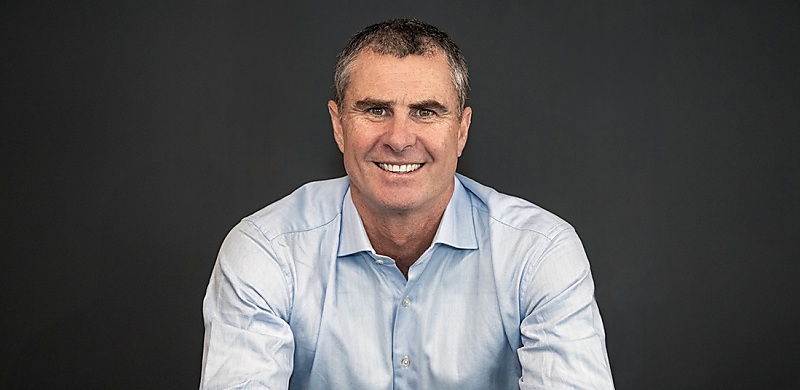
The latest Banjo Barometer SME survey has highlighted the growing level of uncertainty gripping Australia’s small businesses.
Non-bank lender Banjo Loans (Banjo) has found that loan applications from Australia’s small and medium-sized enterprises (SME) dropped in the March quarter, which it said reflects growing levels of uncertainty.
The findings come in Banjo’s latest Barometer SME survey, covering the third quarter of the financial year 2025 (3Q25), ending 31 March.
The small business lender found there was a 13 per cent drop in loan applications for the March quarter – down 7 per cent year on year – the lowest level recorded so far this financial year and the second-lowest since 2023.
The value of loans also dipped 17 per cent in terms of dollar value in 3Q25 compared to the previous quarter (2Q25).
Various segments of the sector saw declines in borrowing during the quarter, according to Banjo’s data, including education (down 57 per cent), healthcare (down 40 per cent), mining (down 38 per cent), and food services (down 26 per cent).
However, some segments, such as real estate and administration and support services, were more resilient (up 11 per cent and 10 per cent, respectively).
Meanwhile, borrowing activity was down in the two most populous states NSW (down 17 per cent) and Victoria (down 33 per cent).
But there were some signs of life in Western Australia, where Banjo reported a 40 per cent lift in applications, albeit from low levels.
Commenting on the most recent Barometer report, Banjo Loans CEO Guy Callaghan said that despite some green shoots, the general sentiment across the sector was subdued.
“Despite some resilience in administrative industries and real estate, and a bit of light at the end of the tunnel for the retail industry, our barometer report shows that SME businesses are currently reluctant to borrow,” Callaghan said.
“SMEs are a resilient bunch, but the combination of economic uncertainties, the reduction in asset write-offs and the broader slowdown in loan activity across the country shows the ongoing pressures SMEs are under.”
Mixed bag
Understandably, the SMEs with less scale seemed to be the ones most affected by uncertainty in the space.
Despite a 17 per cent decline reported across SME business borrowings, SMEs with annual revenue between $10 and $20 million actually reported a 6 per cent increase for the quarter.
Banjo data also showed an increase in arrears across the sector, with one in five (20 per cent) of SME borrowers now in arrears. Healthcare was the only segment to buck the trend with 100 per cent payment coverage.
Callaghan said this is something lenders will need to keep an eye on, citing lingering ATO tax debt and the removal of the instant asset write-off in the federal budgets as contributors to the uncertain mood.
In its budget for FY26, the government made no mention of extending the scheme but has since committed to extending it by an additional year.
Meanwhile, the Coalition announced its intent to make the instant asset write-off permanent in its budget reply.
“The removal of the $20,000 instant asset write-off in the latest Federal Budget has only added to the pressure, making it harder for businesses to reinvest and expand,” Callaghan said.
“Although ATO debt is less of a factor in declined applications, many businesses are still finding it difficult to stay afloat.”
Callaghan also said there is a need for immediate, targeted financial support that can help prop up the SME sector.
“Without the right policy adjustments, SMEs will continue to face a prolonged downturn,” Callaghan said.
“We must act quickly to help these businesses regain stability, restore confidence and drive recovery. Time is running out for many SMEs, and focused intervention is crucial to avoid further financial strain.”
Rising pressure
This latest research follows a recent report from OnDeck Australia that found that cost-of-living concerns are the main driver shaping voting preferences for eight in 10 small-business owners.
More than half (52 per cent) said government support for small businesses will determine who they vote for.
Topping the list of SME concerns are the cost of living and inflation (cited by 84 per cent of small-business owners), with 61 per cent saying they would like rising costs to be addressed in the upcoming federal election.
Cameron Poolman, CEO of SME lender OnDeck Australia, said: “Australia’s 2.5 million small businesses form a significant voting bloc.
“The concerns of our most entrepreneurial Australians cannot be ignored by either side of politics.”
[Related: Banjo Loans urges SMEs to tackle ATO debt]

